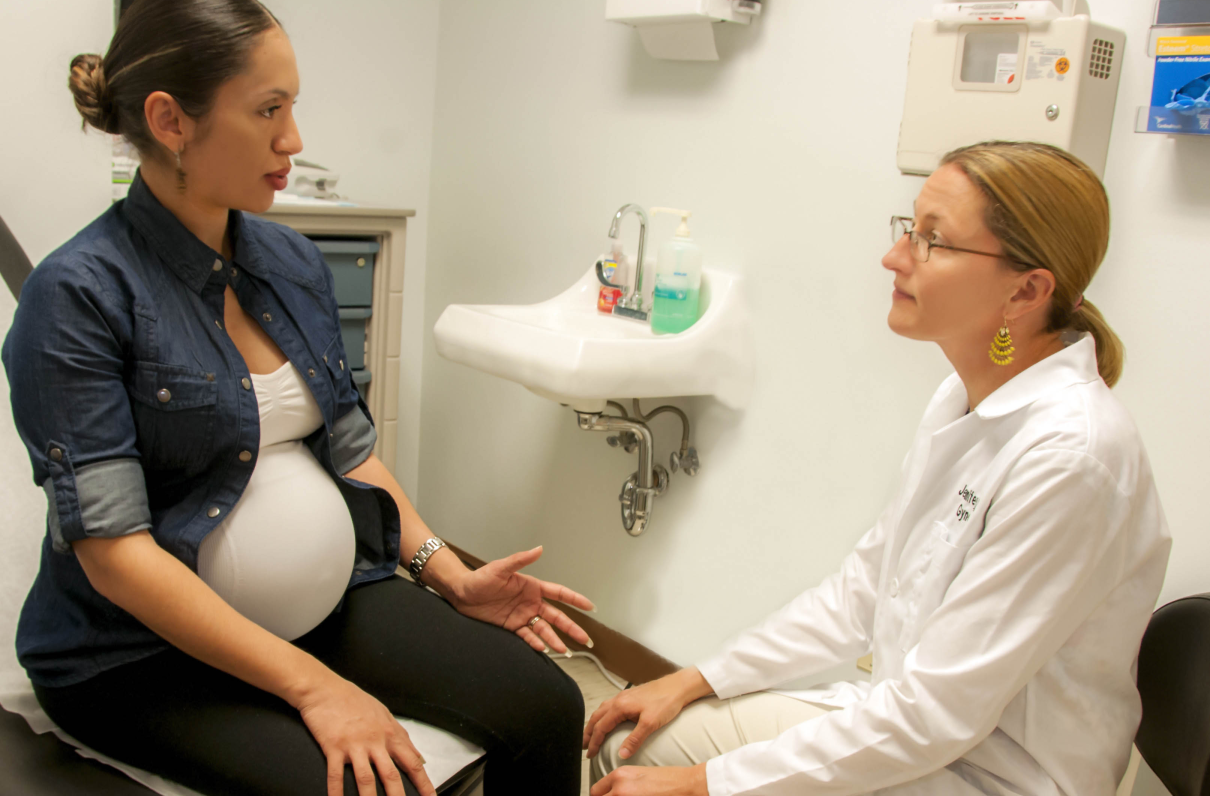MOAA has endorsed legislation seeking a comprehensive study on access to maternal health care within the military health system (MHS), with the ultimate goal of reversing disturbing trends regarding access to, and quality of, this type of care.
The Improving Access to Maternal Health for Military and Dependent Moms Act (S. 3722 | H.R. 7214), has bipartisan support in both chambers of Congress. MOAA appreciates the leadership of Sens. Marco Rubio (R-Fla.) and Jon Tester (D-Mont.), along with Reps. Elise Stefanik (R-N.Y.) and Terri Sewell (D-Ala.) on this important issue.
[TAKE ACTION: Help Improve Military Maternal Health Care]
“Ensuring the well-being of our military families means addressing the unique challenges mothers face while they, or their spouses, serve in the military,” Rubio said in a press release accompanying the bill’s introduction. The senator called the bill “a crucial step towards understanding and overcoming the obstacles to maternal health care within the military health system.”
The legislation “will help make sure female servicemembers and military spouses can access the same care as civilians through TRICARE, and ensure we live up to the promises we make to them when they sign up to serve our nation,” Tester said in the same release.
[RELATED: MOAA’s TRICARE Guide]
The Wrong Direction
An uptick in anecdotal complaints about access barriers is consistent with data trends pointing to growing access issues for those seeking obstetric (OB) care within the MHS. The percentage of pregnant patients receiving first trimester prenatal care dropped more than 5 points in recent years, from 89.4% in FY 2020 to 83.8% in FY 2022, according to a recent report – dipping below the goal of 84.8%.
Patient satisfaction with OB care in the MHS also has decreased. As measured by the likelihood of recommending a hospital following an OB inpatient experience (labor and delivery), satisfaction has dropped for both direct care in military treatment facilities (MTFs) and private sector care from TRICARE civilian providers.
Per the report, 62% of MTF patients in FY 2022 would recommend their MTF, down from 71% three years earlier. The percent of patients who would recommend their private sector hospital also fell, but only 2 percentage points -- from 77% in FY 2019 to 75% in FY 2022. Across a variety of measures, MHS patients consistently rate private sector OB care higher than the care provided in MTFs.
[RELATED: Bill Would Expand Mental Health Care for Pregnant Troops, New Military Moms]
“To better serve our expecting servicemembers and their spouses, we need to better understand the challenges they face while attempting to access care,” said Sewell, underscoring the need to identify and address systemic access to care issues.
“Our servicemembers and their families endure many hardships, ensuring accessible maternal health care should not be one of them,” Stefanik said. “Servicemembers and their families selflessly serve our nation, and it is our responsibility to take care of them and their families during the most important moments of their lives.”
Please join MOAA in our efforts to improve access to maternal health care by urging your elected officials to co-sponsor the Improving Access to Maternal Health for Military and Dependent Moms Act.
Support Military Spouses
Donate to The MOAA Foundation and support MOAA’s efforts to help military spouses in their career journeys.

